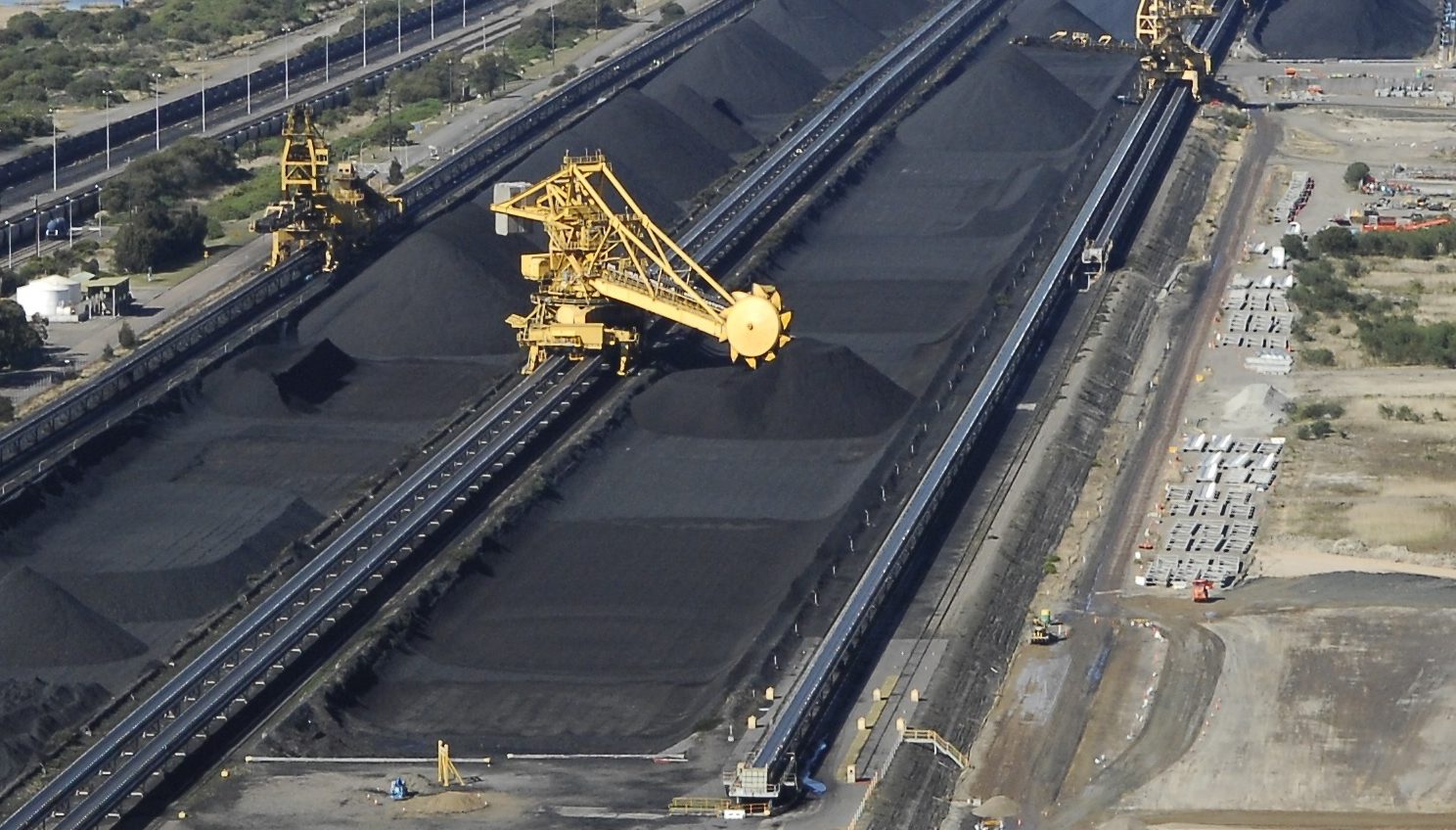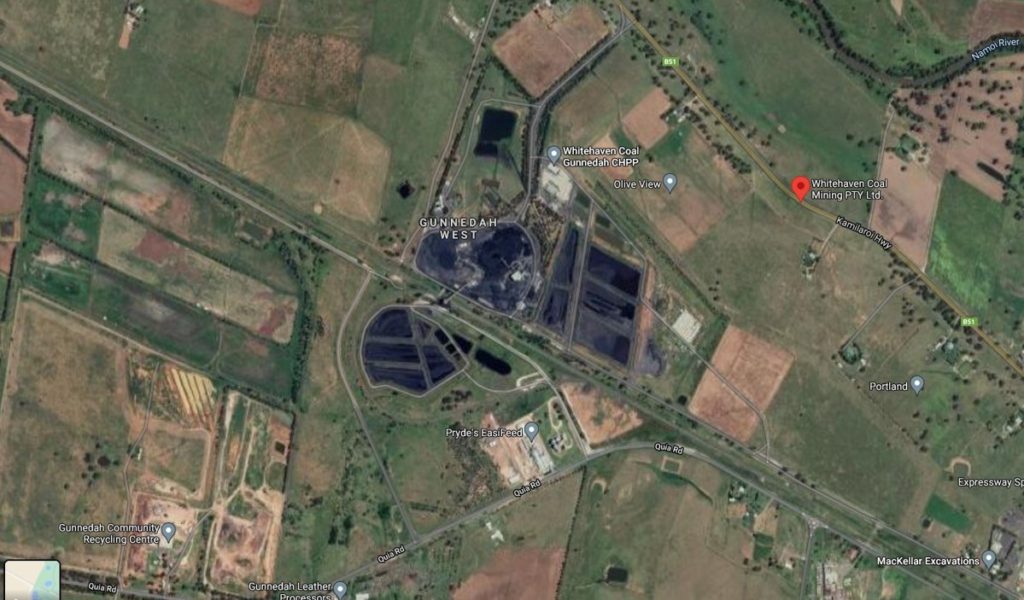
The Australian Federal Court recently recognised that decisions taken today can, and will, have an effect on the lives of our children and that these must be taken into account when approving expansion of fossil fuel extraction. This ruling was based on a class action brought against the Minister for the Environment by eight Australian Children.
However the Court did not stop the Commonwealth Environment Minister from approving the mine expansion but took various aspects of climate science into account.
As reported by Belinda Rayment, Special Counsel from the Environmental Defenders Office, “The Court decided that an approval of the Extension Project did not necessarily mean that there was a breach of the duty of care. The Minister is now aware that the duty to the Children exists and has been put on notice to exercise her discretion with that in mind.”
The Environment Protection and Biodiversity Conservation Act 1999 is also a factor for the Environment Minister to consider as nationally threatened species including the regent honeyeater, swift parrot and the koala are known to use the proposed mine site.
For over 150 years scientists have known that CO2 is a greenhouse gas that keeps the planet from freezing at the long term, stable level of 280 ppm but, adding more will cause the planet to heat up. Since then, we have increased the amount of CO2 in the atmosphere by almost 50% by burning fossil fuels, including coal, oil and gas. Unsurprisingly, the planet is heating up as predicted.

The children and young people of today know that they are the ones who are going to be the most severely affected by the warming of the planet caused by the increasing CO2 levels. Today’s teenagers will still be around if the temperate increases by a predicted 4°c, and possible even 6°C, by the end of this century. We also know that Australia is a laggard on action on reducing emissions, even though we are one of the best positioned countries in the developed world to achieve zero emissions with our cheap and abundant renewable energy resources.
The Federal Court decision was made in regards to the application for expansion of the Whitehaven coal mine in Gunnedah. The judge concluded that the evidence for climate change is indisputable and that the increasing harm to children, specifically from heat stress and bushfires, is proven. His ruling specifies that the Environment Minister is required to take reasonable care to avoid causing this generation harm arising from an increase in CO2 emissions from the mine expansion. This decision brings with it an important precedent for similar projects in the future.
The Environment Minister, Sussan Ley, is to appeal the decision. Is she putting the economic interests of large fossil fuel companies above the health and welfare of Australia’s children? It will be interesting to follow how this significant case develops.
In September 2020 the Port Stephens Council (PSC) became part of the very first Cities Power Partnership. EcoNetwork’s affiliate group, Climate Action Port Stephens, lobbied hard for this to happen – however, unlike Newcastle and other NSW LGA’s, PSC would not declare a climate emergency citing that their actions speak louder than words.
‘The Cities Power Partnership is a program of the Climate Council, and is Australia’s largest network of local governments committed to taking meaningful action on climate change, with each council committing to different ‘climate action pledges’ as part of the program.’ Hunter Joint Organisation.
In June, a forum for staff from the 10 Hunter Region Councils looked at the pledges from each LGA with the aim of prioritising actions across the region. Find out what our Council has pledged and ask them how these pledges are progressing.
For instance, could PSC sign up for a Power Purchase Agreement (PPA) to go to 100% renewable energy like Newcastle City Council – saving a lot of money over 10 years? Will they move to an electric vehicle fleet and community recharging stations since the Mayor requested an investigation of options at the 13 July Council meeting? Or at the very least, could they fix and expand the bike paths to help reduce local car usage?
